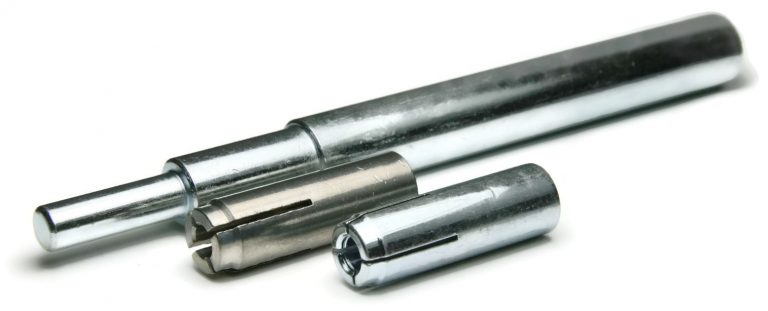Factory for Precision Tube Nuts Manufacturing and Custom Solutions
Aug . 21, 2024 13:07 Back to list
Factory for Precision Tube Nuts Manufacturing and Custom Solutions
The Tube Nuts Factory A Nexus of Innovation and Precision
In the modern manufacturing landscape, the production of small components often plays a pivotal role in a vast array of industries. One such crucial component is the tube nut, a seemingly simple but essential fastener used in plumbing, automotive, and many other applications. The tube nuts factory serves as a premier facility dedicated to the design, production, and distribution of these vital components, exemplifying efficiency, precision, and innovation.
Understanding Tube Nuts
At its core, a tube nut is a type of fastener that is designed to be used with tubing or pipes. It typically features a threaded interior, allowing it to be screwed onto a tube, creating a secure connection between components. This functionality is vital in ensuring the stability and safety of various systems, from water lines in residential buildings to fuel systems in aircraft. The importance of quality in tube nuts cannot be overstated, as any failure can lead to catastrophic outcomes.
The Manufacturing Process
The manufacturing process of tube nuts involves several key steps that illustrate the factory's commitment to quality and innovation. It begins with the selection of high-grade raw materials, typically brass, stainless steel, or carbon steel, chosen for their strength and compatibility with various environments. The choice of material is critical, as it directly impacts the performance and longevity of the final product.
Once the materials are acquired, they undergo a series of precision machining processes. Advanced computer numerical control (CNC) machines play a central role in this phase, allowing for high precision in cutting and shaping the raw materials into the desired form. The automation of this process not only reduces production time but also minimizes human error, ensuring that each tube nut meets strict quality standards.
After machining, tube nuts are subjected to surface treatment processes, such as anodizing or plating, depending on the intended use. These treatments enhance corrosion resistance and improve the mechanical properties of the nuts, ensuring they can withstand various environmental conditions.
tube nuts factory

Quality Control
Quality control is a cornerstone of the tube nuts factory. Every batch of nuts is rigorously tested to meet industry standards and specifications. This involves a series of inspections and tests, including dimensional checks, tensile strength tests, and functional tests. By adhering to stringent quality control measures, the factory ensures that its products are reliable and safe for use in critical applications.
Innovation and Sustainability
In addition to quality and precision, the tube nuts factory emphasizes innovation and sustainability. The integration of modern technologies, such as automation and data analysis, enhances production efficiency. By adopting smart manufacturing practices, the factory can optimize its processes, reduce waste, and improve overall productivity.
Sustainability is also increasingly becoming a focus in manufacturing. The factory is actively seeking ways to reduce its carbon footprint by utilizing energy-efficient machinery, recycling scrap materials, and sourcing sustainable raw materials. Such initiatives not only benefit the environment but also appeal to an increasingly eco-conscious consumer base.
Conclusion
The tube nuts factory embodies the convergence of tradition and technology, where time-honored manufacturing methods meet modern innovative practices. As a leading player in the fastener industry, it is committed to producing high-quality, reliable tube nuts that serve critical roles across various sectors. Through unwavering dedication to quality, innovation, and sustainability, the factory is not only meeting the current demands of the market but also paving the way for the future of manufacturing. As industries evolve, the tube nuts factory stands ready to adapt and lead, ensuring that it remains a vital link in the complex networks of manufacturing and construction.
Latest news
-
Top Wire Bolts Suppliers - Quality & Durable Fasteners
NewsAug.15,2025
-
Trusted Wire Bolts Company | Quality Fasteners Supplier
NewsAug.14,2025
-
Reliable Wire Bolts Suppliers & Manufacturers for Global Needs
NewsAug.13,2025
-
High-Quality Bolts for Lawn Mower Handle Supplier
NewsAug.12,2025
-
Leading Phosphated Drywall Screws Supplier | Bulk & Custom Orders
NewsAug.11,2025
-
Top Wire Bolts Company: Manufacturers, Exporters & Suppliers
NewsAug.10,2025
